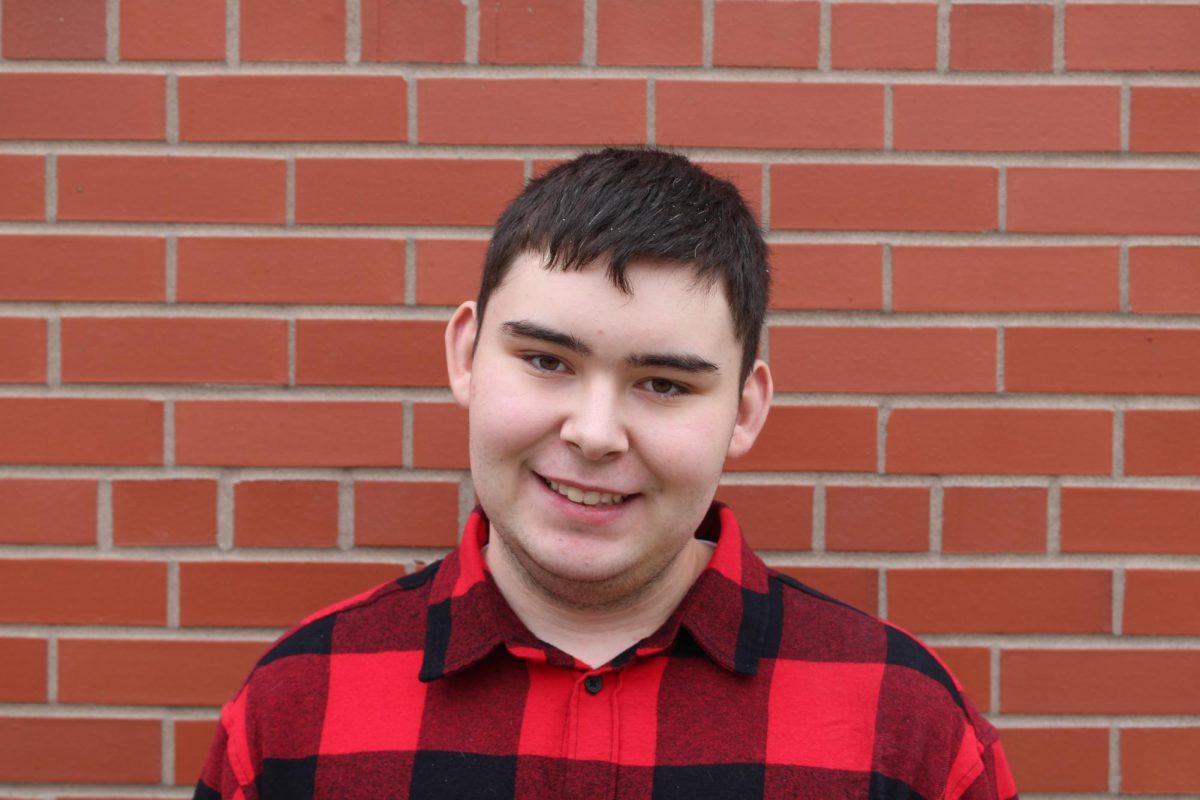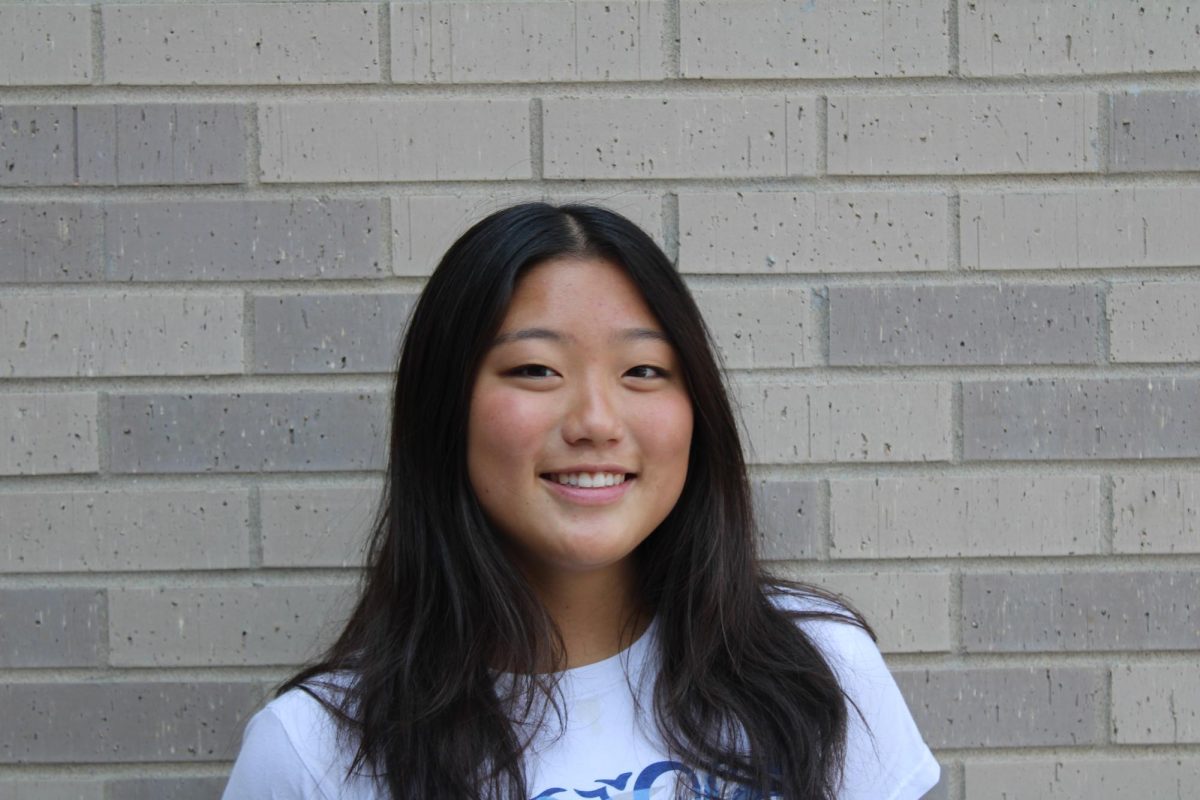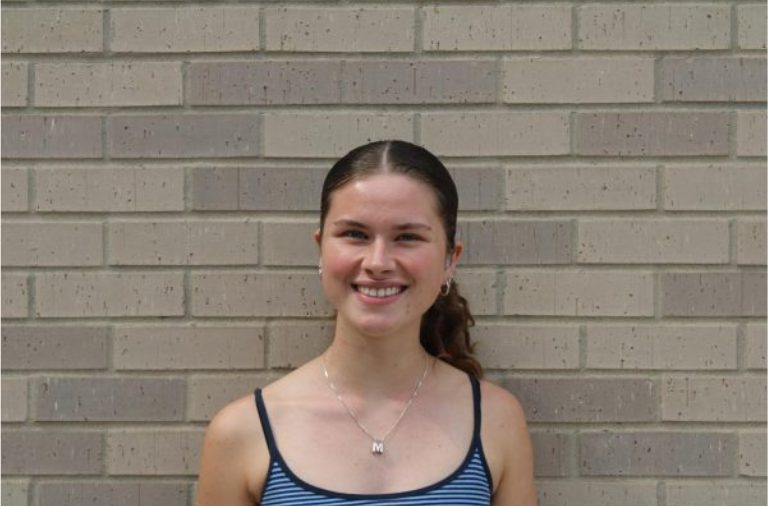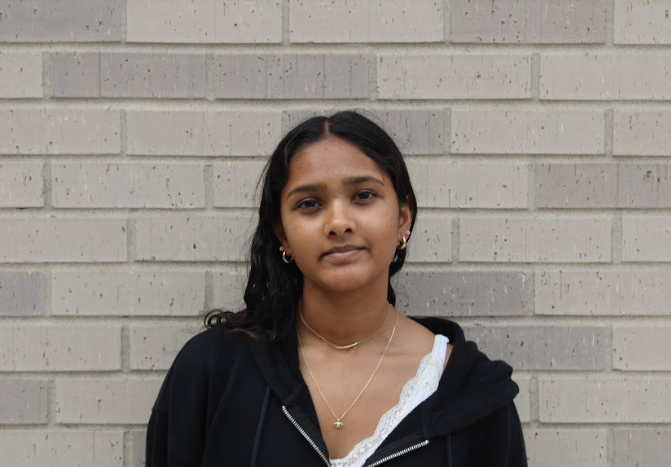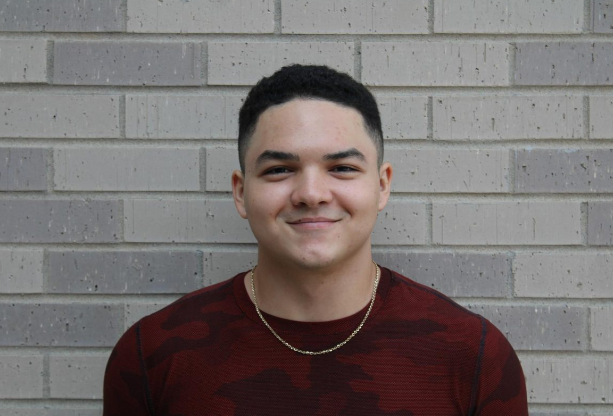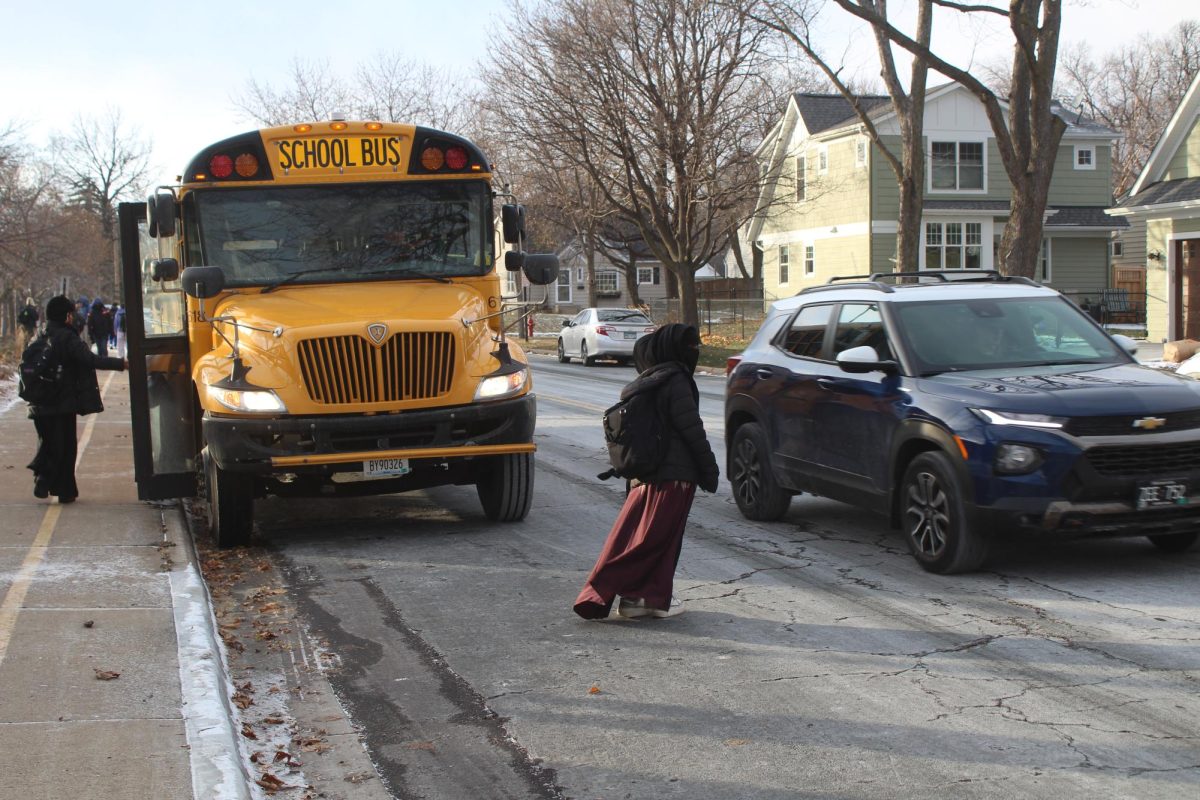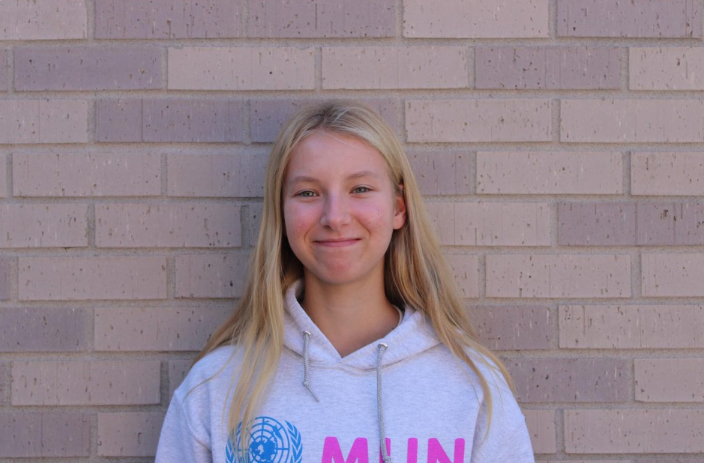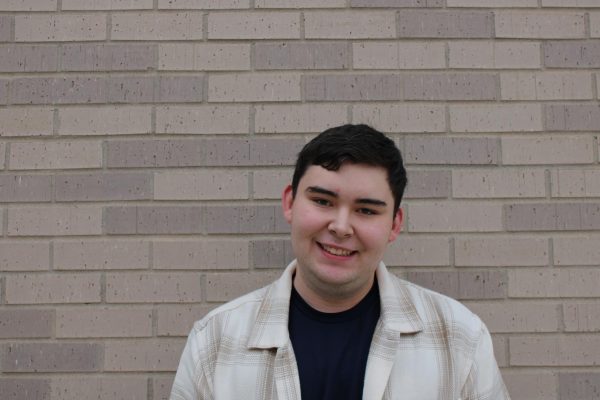As I look around this community, this district and this constituency (which is not magically invulnerable to larger influences in the national rhetorical arena), it should be at the battleline of a transformative, reformist political scene. One that supposedly becomes apparent the more north you travel in the United States. As the premise goes, northern states are incredibly liberal in their policymaking and political disposition, and Park, falls under that category. However, Minnesota, according to many observers, is especially progressive-leaning, joining a handful of states that vary depending on the person who’s labeling them as such; usually a set like Vermont, Massachusetts, New York and California. In fact, we might even evidently live in the only Midwest state that can call itself consistently blue during most election seasons.
And yet, if a person coming to Minnesota regarded its suburban communities, that facade of unflinching and innovative progressivism — a place where free housing or drug decriminalization experiments could move forward without political brawling — would suddenly have cracks. In February, a lawsuit threatened against the St. Louis Park School District led to the district offering an opt-out option for families who wish that their children not read books with LGBTQ+ characters. Texas-based attorneys that represented the six families that filed the suit said the action was “a win for religious freedom for people of all faiths.” Conservative groups across the country have chased after similar outcomes concerning restrictions on schools’ selection of LGBTQ+ material.
Governor Tim Walz is currently weighing on the decision of whether or not to reassign the murder case of Ricky Cobb, a 33-year-old Black man who was killed by a police officer in 2023 during a traffic stop, away from Hennepin County Attorney General Mary Moriarty — a prosecutor that is arguably more open to handing police officers heavier charges. Prominent state Democrats like Dean Philips and Angie Craig support the push for reassignment of the police officer, Ryan Londregan, case. Supporters argue that the move would increase transparency and safeguard it from a County Attorney that they say is not credible. Progressive voices say that the push for reassignment is a ploy to let Londregan walk away without serious punishment for what may be a murderous hate crime.
Not necessarily all is well for Minnesota progressives — particularly ever since social issues like abortion and transgender civil rights were submitted as serious political topics during the 2024 Republican presidential primaries. Debate over these social issues is a widening and galvanizing fissure in Minnesota, and may indeed cause our state’s status as majority blue to topple over, or bounce back after a lapse in vigor. Minnesota is undoubtedly a reliable asset to Democrats in 2024’s presidential election season, even if more local political scenes can now offer stage to questions about the state’s allocation of its budget surplus or its schools’ educational materials.
It should be cautioned that most of the social issues presented by conservative media and politicians, such as controversy surrounding diversity, equity, and inclusion (DEI); abortion and LGBTQ+ autonomy, are considered reactionary and may not catch on in Minnesota for any important period of time. Centrism often guides ultimate policy touchstones, and as was seen after Alabama governor Kay Ivey signed a law that allowed IVF procedures to continue after that state’s Supreme Court previously outlawed it, many Republicans have little appetite for civil prohibitions that could be seen as discriminatory by a broader public.
Whether or not the demographics of our Minnesota communities shift unexpectedly to the political right, the conversation about those changes should be had if they come to pass. What are the outsider, reactionary influences that could fuel a potential political change? Where will we expect the new frontlines of the progressive or conservative movements to emerge? Should the idea of tethering ideological tendencies to a geographical region be treated as a myth, and then to what extent? These are the analytical questions that can be studied by anyone this election season, and should at least inform voters and citizens as to where to expect the next great political sea changes, and how it affects them.



